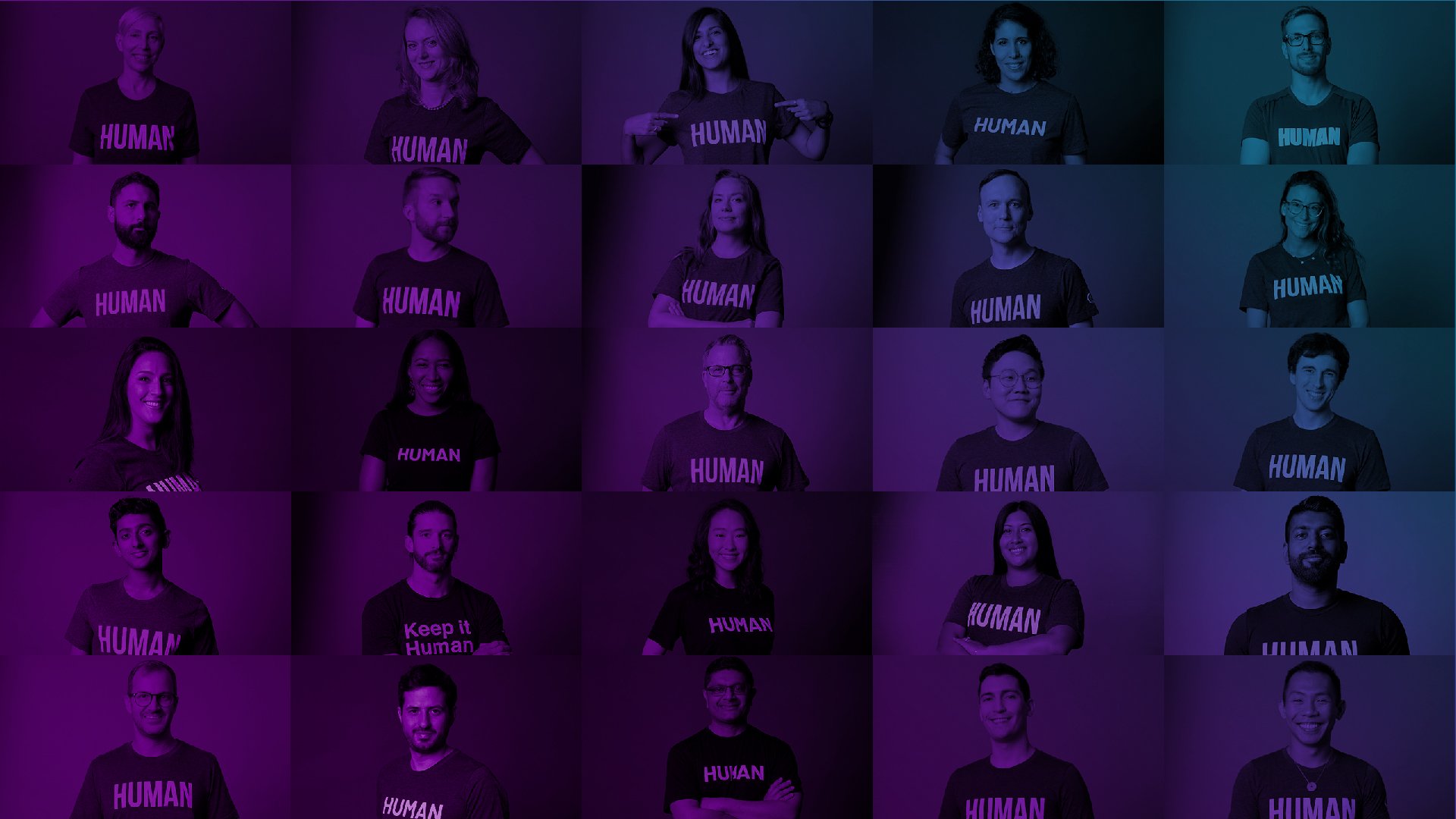This piece was originally posted on HUMAN CEO Tamer Hassan's Linkedin.
Navigating political issues that are important to your team can often be difficult for companies. While I don’t believe companies have a role to play in political activism, I personally believe that leaders have a responsibility to be transparent on the principles that company decisions are made. These values are a part of the fabric of company culture and should be understood by everyone.
When political tensions heated up in Israel this week, I received a lot of questions about where we stood on the matter. Below is my note to the team at HUMAN to clarify my viewpoints. I’m sharing here in the hopes that it will be helpful to the discussion of how we build aligned culture and how we should act in these situations. I would love to hear your perspectives on how you feel companies should manage difficult topics like this.
Humans,
In light of the protests in Israel as well as a number of issues continuing to unfold in the U.S. and across the world, I wanted to take a moment to share a few thoughts. First of all, please know that there is no change in the commitment to our team and presence in Tel Aviv, including office strategy and any existing hiring plans. This can be a stressful situation, and our focus remains in supporting the health and well being of our teams and their loved ones.
When I think about what a company is, it starts with a collection of people with shared goals and work. Hopefully, if we build it right, this is a collection of people with diverse perspectives and experiences, and at the same time some level of shared values. This doesn’t mean a collection of people who think the same about everything. It can be difficult to draw the line on universal ethics that should be applied to all cultures and societies. To me, the only clear line starts with basic human rights: The right to freedom and equality and the pursuit of a life you deem worthy of living.
I often get asked where the “company” stands on a certain topic. I think this is the wrong question. I don’t get to decide where this diverse collection of people stand on a variety of topics and emotionally-charged issues. Nor do I want to. To me, the right question is: “What is the responsibility of leadership in these situations and how will we make decisions?” Here’s what I believe:
- I believe that we should be open and clear about the principles that we will operate the company under. In other words, what principles we will use to make decisions.
- I believe that all of us, especially myself, have a responsibility to support fundamental human rights, and to be an ally to that end.
- I believe that a “company”, as a collection of people with shared goals and work, has no place in political activism. Political beliefs and activism are for the role of the individual. The role of the company is to support an environment that fosters and enables individuals to express and act on their beliefs as long as it doesn’t violate the rights of others.
This doesn’t mean there are not any gray areas. Indeed, it's easier to say these words than to act on them in all situations. Some political issues will stray into this zone of human rights, and some human rights issues will be a part of political issues. I don’t have a clear answer for you on how to navigate that gray zone that can sometimes be a jungle - only that we must first and foremost, and at least, be clear that we believe in these human rights and the importance of them. Beyond that, every situation may be different. There are some that I personally feel very clear about taking a strong stance on, such as racism and hate against any group. Or the freedom of an individual to marry whomever they choose, regardless of gender or orientation. There are other situations that may be more about the legal architectures for how to manage these human rights, of which I have much lesser clarity and expertise on, and are better left to respectful discussion and debate on a diverse set of perspectives at the individual level.
While I can’t promise that every decision in the company will always be explained to every person, what I can promise is this - the principles we use to guide the decisions we make as a leadership team will be deliberate and transparent. Hopefully that will be enough for us to continue walking forward, sometimes through jungles and swamps, to get to the place where we’ve built a culture on aligned values, and a place of work that’s worth the precious time and energy of everyone it employs.
Please continue to watch out for each other,
Tamer
-1.jpg)



